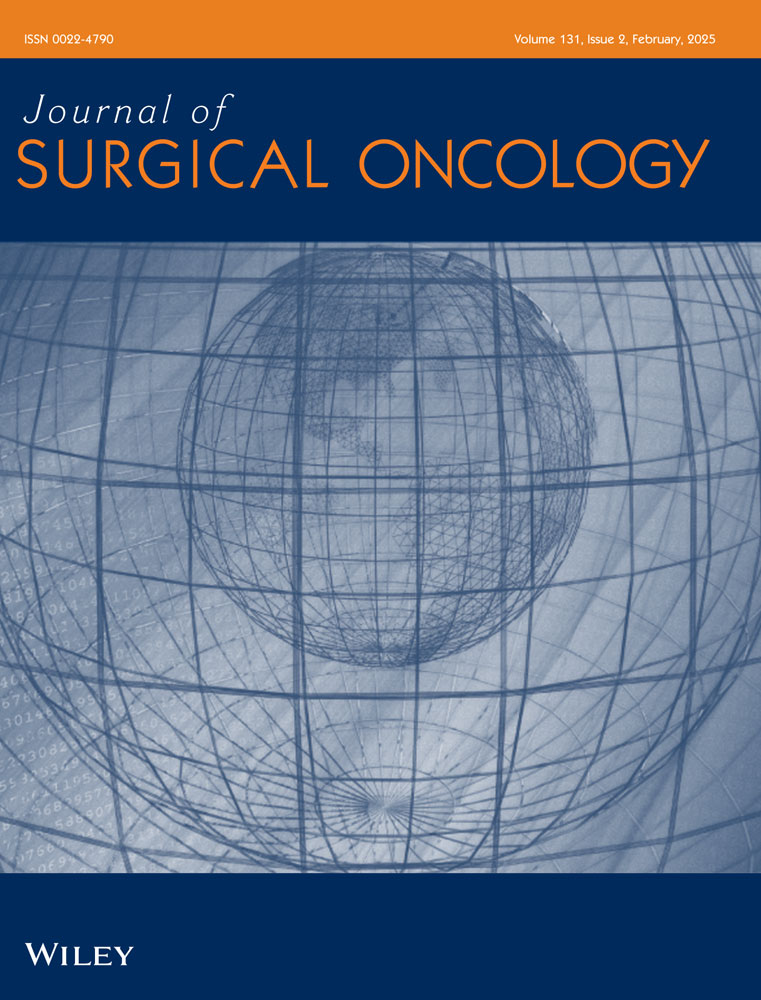Is Oncoplastic Surgery Safe in High-Risk Breast Cancer Phenotypes?
ABSTRACT
Background
Oncoplastic surgery (OPS) has increased in popularity over the recent years. It is a form of breast conservation surgery allowing for larger partial mastectomy (PM) resections followed by either volume displacement or volume replacement reconstruction techniques. However, there is a lack of evidence on the effectiveness and safety of OPS with radiotherapy (OPS + RT) in high-risk breast cancer phenotypes, such as triple negative breast cancer (TNBC) and HER2 positive (HER2+) patients. Our aim was to compare the breast cancer-specific survival (BCSS) and postoperative surgical complications in OPS + RT compared to PM alone with radiation (PM + RT) and total mastectomy (MTX) without radiotherapy (MTX-RT).
Methods
Patient data were analyzed from the Surveillance, Epidemiology, and End Results (SEER) cancer registries from January 1, 2012 to December 31, 2020. Patients were stratified according to the type of surgery. Cox regression analysis was performed to assess prognostic factors of BCSS.
Results
A total of 24 621 patients with high-risk breast cancer phenotypes were identified, 180 underwent OPS + RT; 13 402, PM + RT; and 11 039 MTX-RT. OPS + RT was more frequently performed in younger (mean age of 65.53 years, SD: 9.29, p < 0.001), non-Hispanic White (90.5% vs. 77.7% vs. 76.3%) and single women (17.9% vs. 12.1% vs. 13.3%). MTX-RT was usually performed in patients with high histological grade, TNBC, and higher stages. Overall complication rates were higher in the MTX-RT, compared to OPS + RT and PM + RT, 2%, 1.1%, and 0.7%, respectively, p < 0.001. Rates of hematoma and surgical site infections were higher in the MTX-RT group. With a median follow-up of 46 months, OPS + RT had better BCSS rates at 5 years compared to PM + RT and MTX-RT (97.1% vs. 94.7% vs. 89.8%, p < 0.001). MTX-RT was found to be an independent prognostic factor of worse BCSS compared to OPS + RT (hazard ratio [HR] = 2.584; 95% confidence interval [CI]: 1.005–7.171), while PM + RT had no difference compared to OPS + RT (HR = 1.670, 95% CI: 0.624–4.469).
Conclusions
OPS is a safe breast surgical option in patients with HER2+ and TNBC. Patients with high-risk phenotypes who underwent OPS + RT and have similar BCSS and complication rates compared to standard breast surgical options. As such, OPS should be considered as an option whenever breast conservation surgery is being discussed.
Conflict of Interest
Dr. Chatterjee is a consultant for 3M and Royal, Molnylcke, and Dilon. Other authors declare no conflicts of interest.
Open Research
Data Availability Statement
The data that support the findings of this study are available upon request at Surveillance, Epidemiology, and End Results (SEER) after approval by the Committee.




